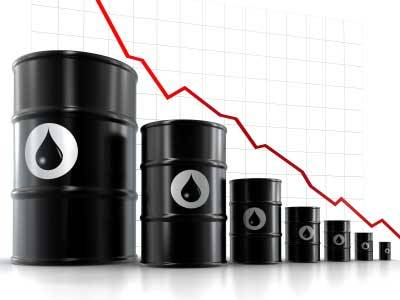Nigeria’s oil export faces a difficult 2013 as America’s policy of relying on domestically produced shale oil slashes demands for Nigeria’s crude.
The Financial Times, quoting Togo-based Ecobank reported today that Nigeria’s crude oil exports to the US could fall by over a quarter this year, from 800,000bpd in 2012 to as low as 580,000bpd in 2013.
Already in January there were signs of stress, said the FT.
Crude oil shipments from Nigeria have, Ecobank says, declined from 75 cargoes in January to a scheduled 59 in March, and there is an unsold overhang of 21 out of 65 February cargoes. This is an unusual situation given that the cargoes contain Nigeria’s premium grades of sweet and light crude, which are usually very much in demand.
As Rolake Akinkugbe, head of energy research at Ecobank, explained to beyondbrics, refiners in Asia are increasingly capable of handling larger volumes of sour crude oil grades, while European refiners are facing pressures on their margins and seeking lower-priced inputs. Neither are looking as favourably upon Nigerian oil grades, which are priced at a substantial premium to the sour grades from the Middle East.
“Nigeria and other oil producers in west Africa had a window of opportunity during the Libya crisis when their [Libya’s] supply was taken off the market”, she said. “There was a great switch to African crude grades, which partly accounts for their pricing premium at the moment.”
Libyan oil is now coming back online, but the major problem for Nigerian crude is the soaring volumes of shale oil being produced in the US. The US is still Nigeria’s biggest oil export destination, but the relationship can no longer be taken for granted.
US reduction in the demand for Nigeria’s crude was first hinted by President Barack Obama in May 2012 in a radio-internet broadcast to Americans.
In 2010, Nigeria exported an average of one millions barrels daily to the US, making it Americas’sixth largest supplier after, Canada, Saudi Arabia, Mexico, Venezuela and Russia.
“What we can’t do is keep being dependent on other countries for our energy needs,” Obama said in his weekly radio and Internet address.”In America we control our own destiny,” Obama added. “So that’s the choice we face – the past, or the future.”
Source: FT

